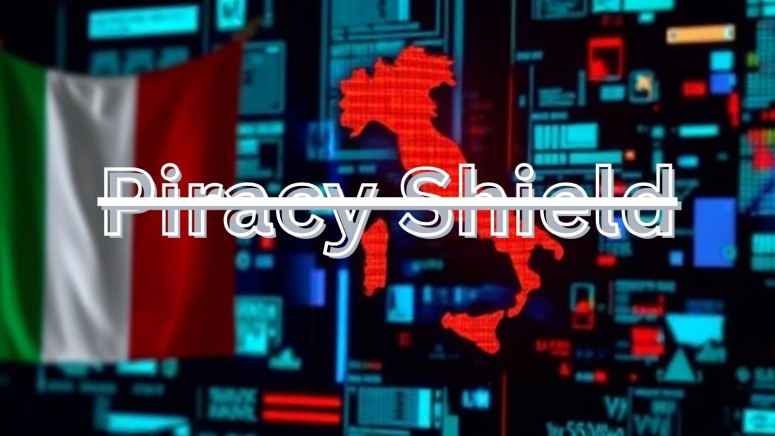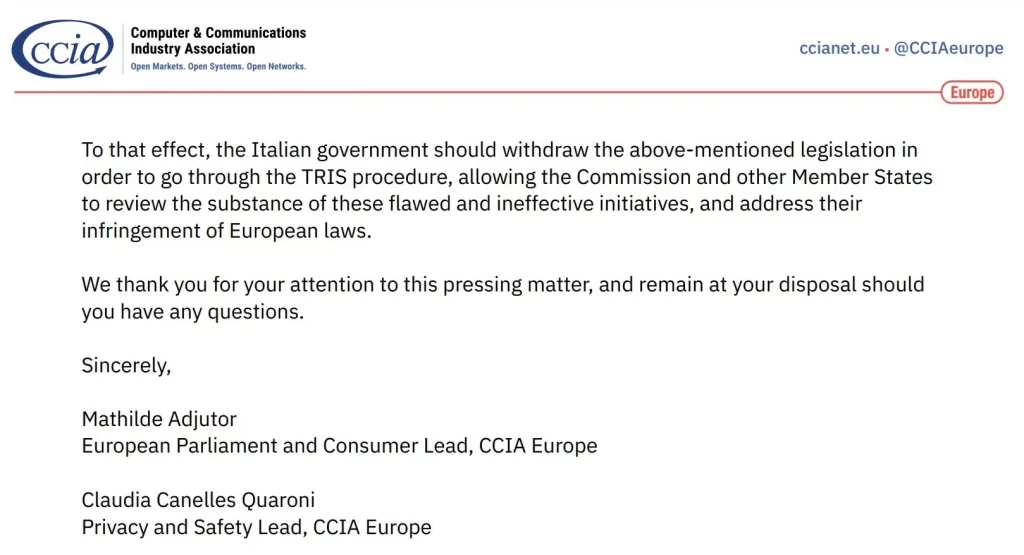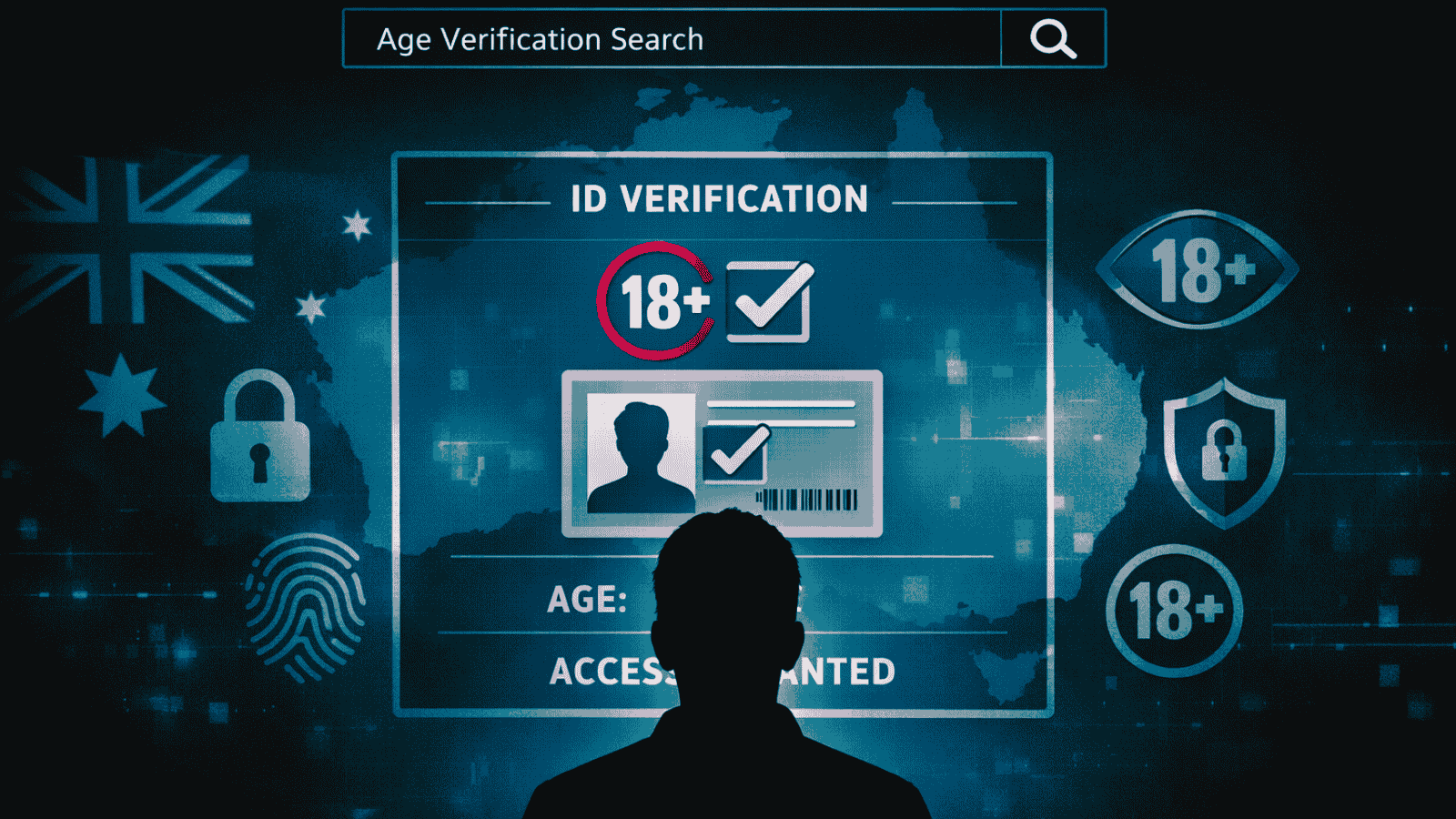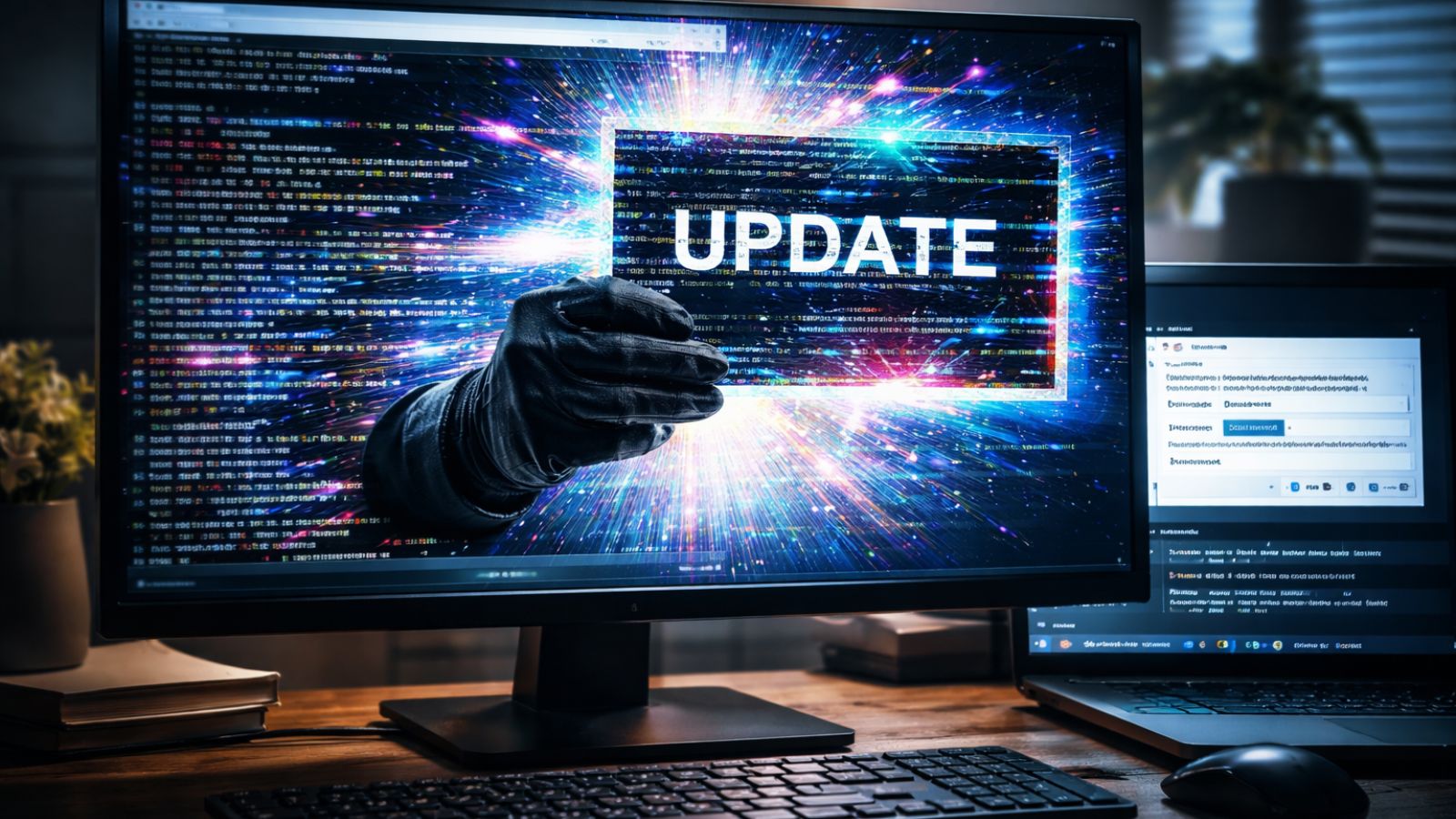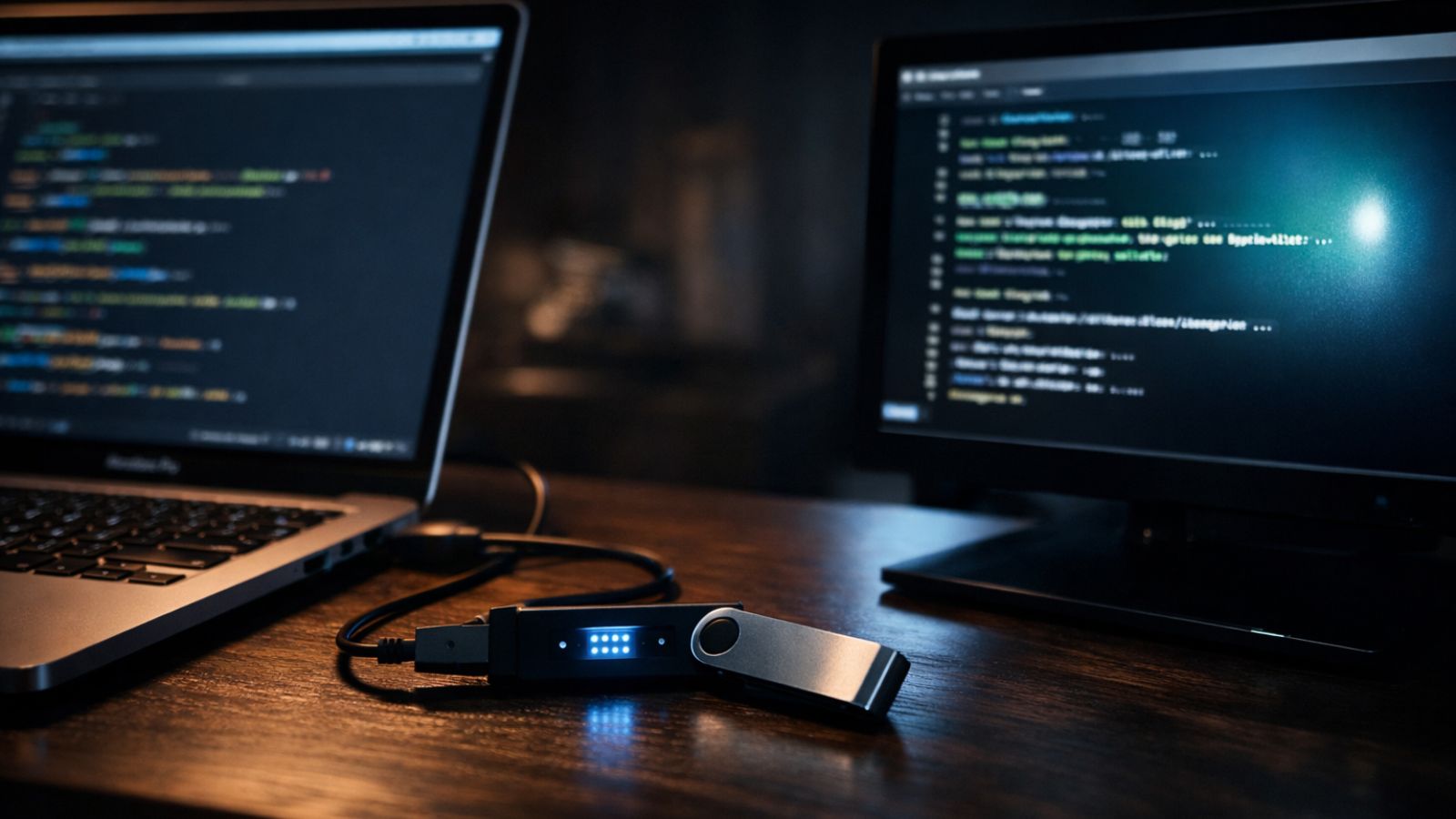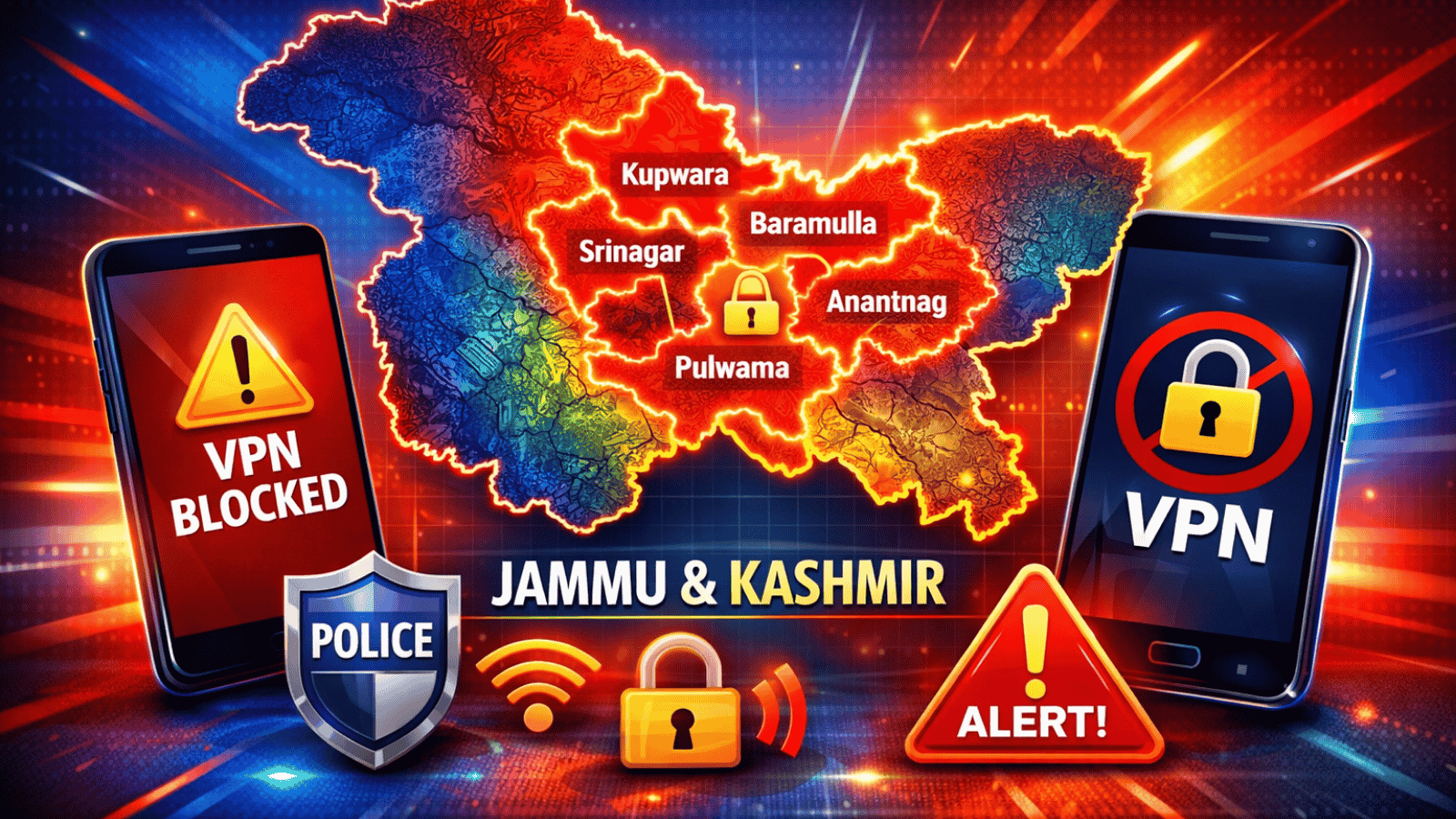
CCIA Urges EC to Review Italy’s Overreaching Anti-Piracy Measures Applied via ‘Piracy Shield’
- An association representing Amazon, Cloudflare, and Google raised concerns regarding Piracy Shield’s missteps.
- The Computer & Communications Industry Association appealed to the European Union regarding the Italian tool’s transparency and legal obligations.
- Italy’s anti-piracy mechanism keeps facing criticism over its approach, which includes blocking legitimate services.
The Computer & Communications Industry Association (CCIA) asked the European Commission (EC) to intervene against Italy’s Piracy Shield, raising concerns over overblocking, transparency issues, and broader legal obligations. The CCIA represents global tech giants like Amazon, Cloudflare, and Google.
Last year, Piracy Shield was introduced under Italian copyright law and aims to combat live sports piracy by blocking piracy-related domain names and IP addresses within 30 minutes.
Yet, the DNS and IP-level blocking methods have led to unintended consequences, including the accidental blockage of legitimate services such as Google Drive and Cloudflare.
The CCIA highlighted that Google Drive was mistakenly blocked for three hours, impacting millions of users in Italy. Even 12 hours after the incident, 13.5% of users remained blocked at the IP level, with 3% still experiencing issues at the DNS level.
The European courts have previously approved site-blocking schemes to address piracy, but the CCIA argues that Italy's implementation lacks sufficient safeguards and verification protocols, leading to unnecessary disruptions.
Beyond overblocking, the CCIA takes issue with the recent amendments to Italian copyright law. According to these modifications, intermediaries, including DNS resolvers and VPN providers, are obligated to report all knowledge of illegal activity on their networks, including minor copyright infringements. Noncompliance could result in prison sentences of up to one year for the ISPs.
The CCIA notes that these amendments contradict the European Union’s Digital Services Act (DSA), which aims to provide a unified regulatory framework for digital platforms across member states.
Obligations requiring companies to actively monitor and report on all traffic far exceed EU law. The industry group claims this could create a chilling effect on free expression and internet innovation.
The CCIA has urged the EC to collaborate with the Italian government to review these measures and ensure they comply with EU laws.
The group highlights that Piracy Shield and its legal framework were not submitted through the TRIS procedure—a fundamental requirement for EU Member States when introducing rules impacting the digital single market.

